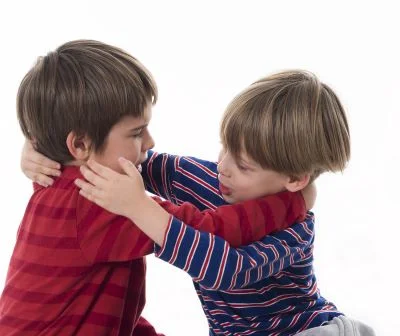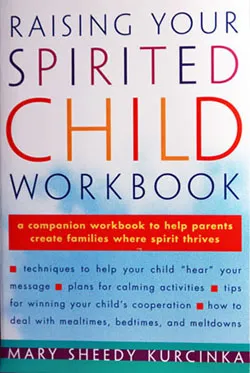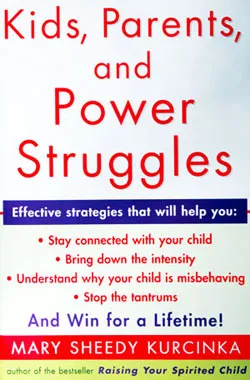Stopping Aggressive Behavior - Begins with a Question

Oscar was howling when I entered the room. His younger brother Evan shot a glance at me, then lowered his eyes, turned his head and body from me, all while maintaining a death grip on the iPad in his arms.
“He hit me!” Oscar screamed. This was not an unusual event. In fact I was in their home to help mom and dad figure out how to stop the sibling wars that had been raging.
Moving toward them, I said to Evan, “You must have had something very important to tell your brother. What did you want to tell him?”
Evan’s eyes opened wide as though shocked that I had not yelled at him or grabbed the iPad from him. He turned toward me. “I told him I wasn’t finished!” He stuttered in anger, “But he tried to grab it and then he pinched me.” A red welt on Evan’s arm confirmed his report. Antagonist, troublemaker, the “bad one,” it’s easy to label a child, and with those nasty labels comes assumptions of intent.
He deliberately… He intentionally… He is mean… Assumptions that lead us to punishments and a disconnect from our kids.
That’s why when it comes to “intent” it’s important to stop, think and assume the best. This is a child who has an important message to send.
Will you stop the pinching and hitting? Absolutely! Those lessons however, begin with believing his intentions were not spiteful. Instead there was inexperience, unawareness, or lack of skill. A child who needs us to teach him how to assert himself respectfully. How to manage frustration or delay gratification. Those lessons begin with an assumption of “intent.” That instead of intentionally being mean or bad, there is a feeling or need behind the actions. A feeling or need the child doesn’t know how to communicate respectfully or appropriately. But he can learn and you can teach him.
So next time you hear the scream from the other room, and dash to respond, while you may need to grab a hand to stop the next strike, begin the lesson with the question –
“What did you want to tell him?”
Display All Posts
Search by Topic:
Popular Posts:
- When your child yells at you: Expecting and Coaching respectful behavior
- 5 Tips to Stop the 'Strike out Tantrums:' Hitting, Biting, Kicking and Name-calling
- Why is my child suddenly clingy?
- Ten Steps to a Peaceful Bedtime for Your Spirited Child
- When Your Child’s Meltdowns Might Ruin Vacation






